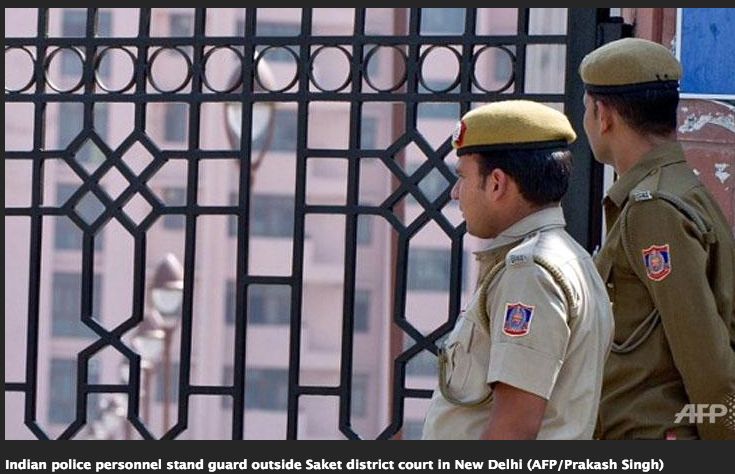18 March 2013 2114 hrs ZDNet
MUMBAI: Mumbai police have set up India’s first “social media lab” to monitor Facebook, Twitter and other networking sites, sparking concerns about freedom of speech online.
A specially-trained team of 20 police officers will staff the lab, which was launched over the weekend and will work around the clock to keep an eye on issues being publicly discussed and track matters relating to public order.
“They will work under Special Branch. They will monitor and find out which topics are trending among the youth so we can plan law and order in a good way,” police spokesman Satyanarayan Choudhary told AFP on Monday.
In November police sparked outrage and fierce debate about India’s Internet laws by arresting two young women over a Facebook post criticising the shutdown of Mumbai after the death of a local hardline politician.
The pair was arrested under laws including section 66a of the Information Technology Act, which forbids “sending false and offensive messages through communication services” and can lead to three years in jail.
The case followed several arrests across the country for political cartoons or comments made online.
Sunil Abraham, executive director of the Bangalore-based Centre for Internet and Society research group, said the “natural reaction” was to worry about the new police lab given the way the law has been used.
“Police in the last four years have acted in an arbitrary and random fashion, often using the IT Act to settle political scores,” he told AFP.
“When there’s no crisis for the police, proactively keeping an eye on what people are saying or doing is overkill,” he said.
Choudhary said the lab was not set to censor comments, echoing a statement made by police commissioner Satyapal Singh at the launch.
“By reading the mindset of what people are writing on various modes of communication, we will try to provide better and improved safety and security to the Mumbai citizens,” Singh said.
-AFP/fl

